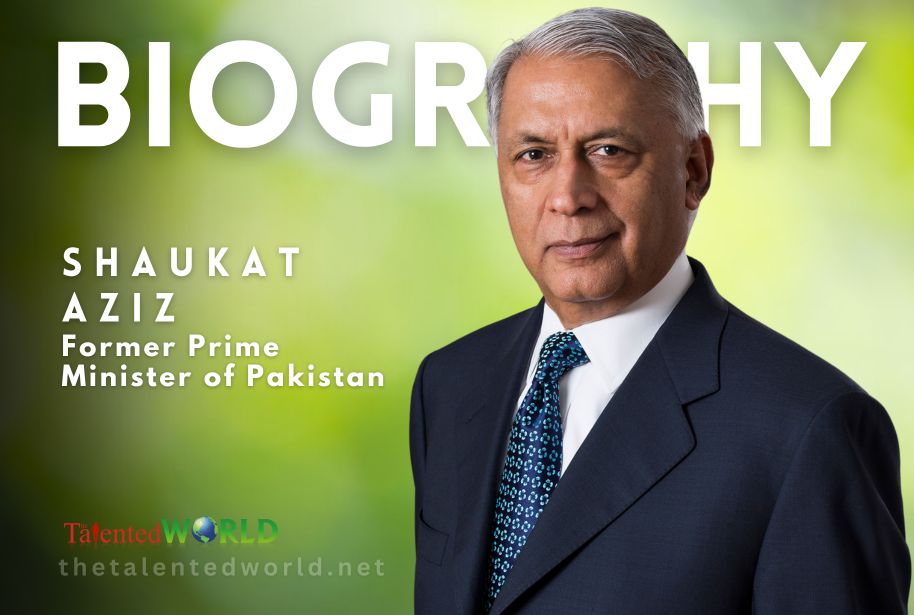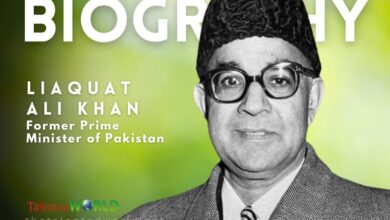| Full Name | Shaukat Abdul Aziz |
| Born | 6 March 1949 |
| Birthplace | Karachi, Federal Capital Territory, Pakistan |
| Nationality | Pakistani British American (Permanent Resident) |
| Political Party | Pakistan Muslim League (Q) (2002–2007) |
| Education | – BS in Economics from Gordon College – MBA in Business Administration from the Institute of Business Administration (IBA) |
| Occupation | – Banker – Financier |
| Prime Minister Tenure | 28 August 2004 – 15 November 2007 |
| Finance Minister | 12 October 1999 – 15 November 2007 |
| Notable Achievements | – Oversaw economic progress in Pakistan – Initiated privatization and economic liberalization programs – Improved growth rate and reduced poverty rates |






